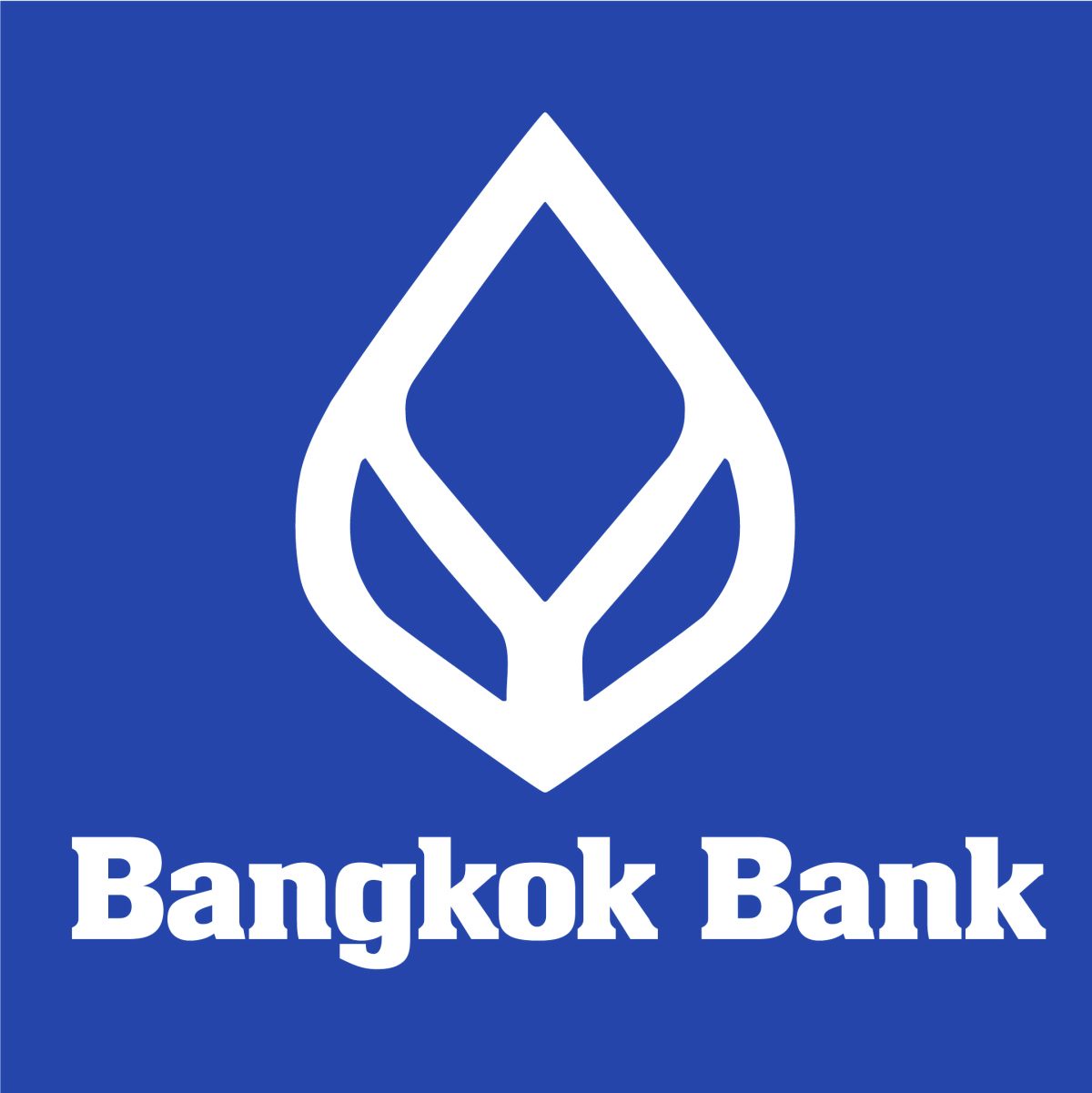Although the Thai economy continues to expand, there remain certain factors that may present potential challenges or opportunities to the business environment. These include global issue of climate change raising environmental, social and governance (ESG) concerns, shifts in government policies and regulations, as well as advances in new technology and innovation. As a "trusted partner and reliable close friend", the Bank is focusing on providing advice to support customers' business operations. This includes the ongoing development of necessary skills and knowledge for business adaptation so that they can adjust to environmentally sustainable economic activities, and assisting them to tap into overseas growth opportunities. At the same time, the Bank places importance on prudent management, together with adhering to responsible lending guidelines with an emphasis on social responsibility and sustainable growth.
Bangkok Bank reported a net profit of Baht 34,807 million for the nine months of 2024
The Bank and its subsidiaries reported a net profit for the nine months of 2024 of Baht 34,807 million, an increase of 6.2 percent from the same period last year.
Net interest income increased by 4.4 percent from the Bank's liquidity management and yields on earning assets, offset by an increase in the cost of deposits in line with the interest rate environment. This resulted in a net interest margin of 3.05 percent. Non-interest income increased from investment income in line with market conditions and fee income from bancassurance and mutual fund services which continued to grow well. While operating expenses increased from operational efficiency improvement and marketing expenses, the cost to income ratio remained at a similar level to the same period last year at 46.3 percent. With its continuous high loan-loss provisioning in prior periods in line with conservative management, the Bank could register lower expected credit losses in the third quarter of 2024.
As a result, the expected credit losses for the nine months of 2024 were Baht 27,204 million, a similar level to the same period last year.
Bangkok Bank continues to operate under its prudent management approach and retains financial, liquidity and capital positions at a healthy and appropriate level to deliver strong and sustainable growth
At the end of September 2024, the Bank's total loans amounted to Baht 2,638,697 million, a decrease of 1.2 percent from the end of last year. Meanwhile loans to large corporate customers continued to grow. The non-performing loan to total loans ratio was at a manageable level of 3.4 percent, while the expected credit
losses to non-performing loan ratio remained strong at 266.6 percent due to the Bank's consistent prudent management approach.
As of September 30, 2024, the Bank's deposits amounted to Baht 3,109,982 million, a decrease of 2.3 percent from the end of last year with the loan to deposit ratio of 84.8 percent. The total capital adequacy ratio, Tier 1 capital adequacy ratio, and Common Equity Tier 1 capital adequacy ratio of the Bank and its subsidiaries
stood at 20.8 percent, 17.4 percent and 16.6 percent, respectively, comfortably
above the Bank of Thailand's minimum capital requirements.
Source: Bangkok Bank
